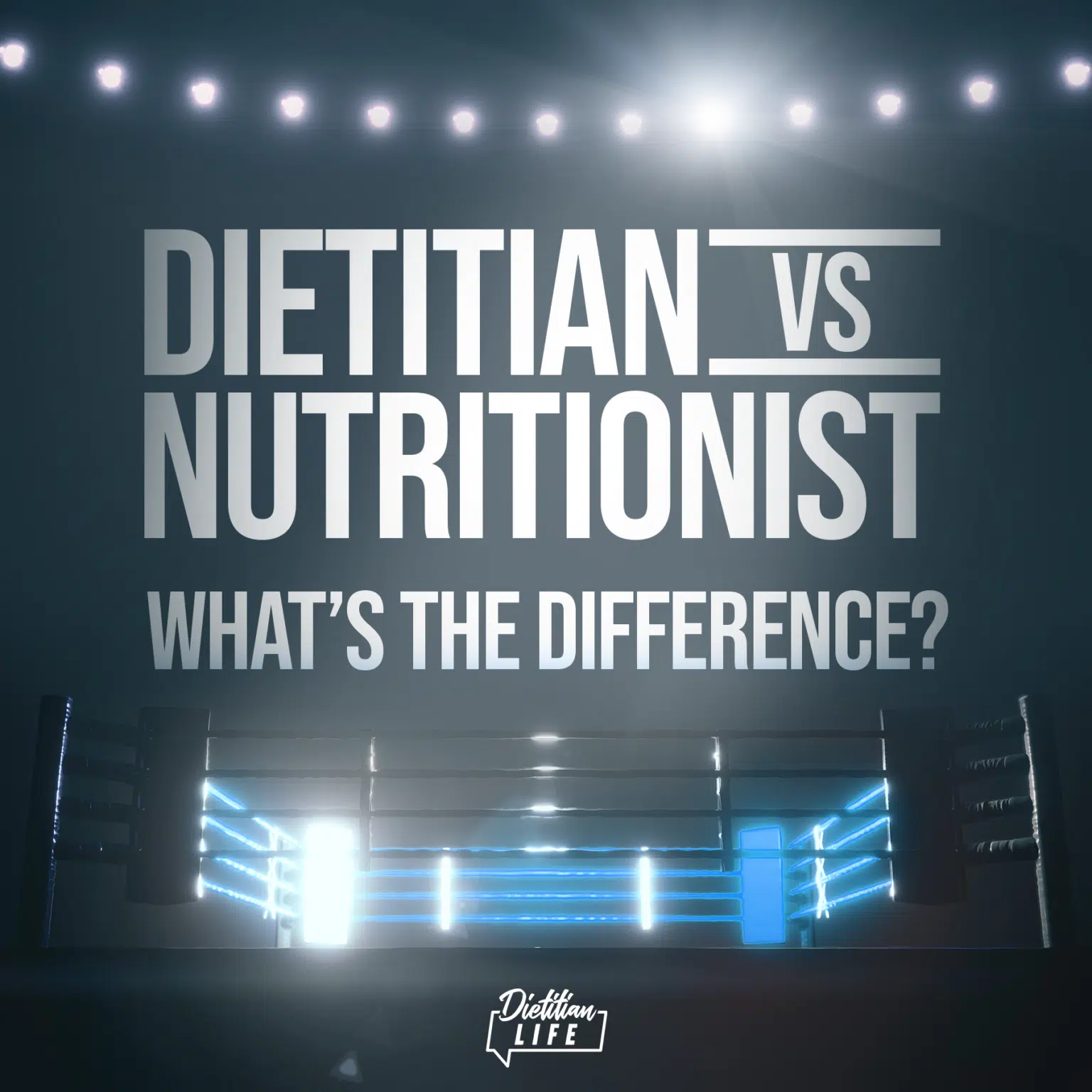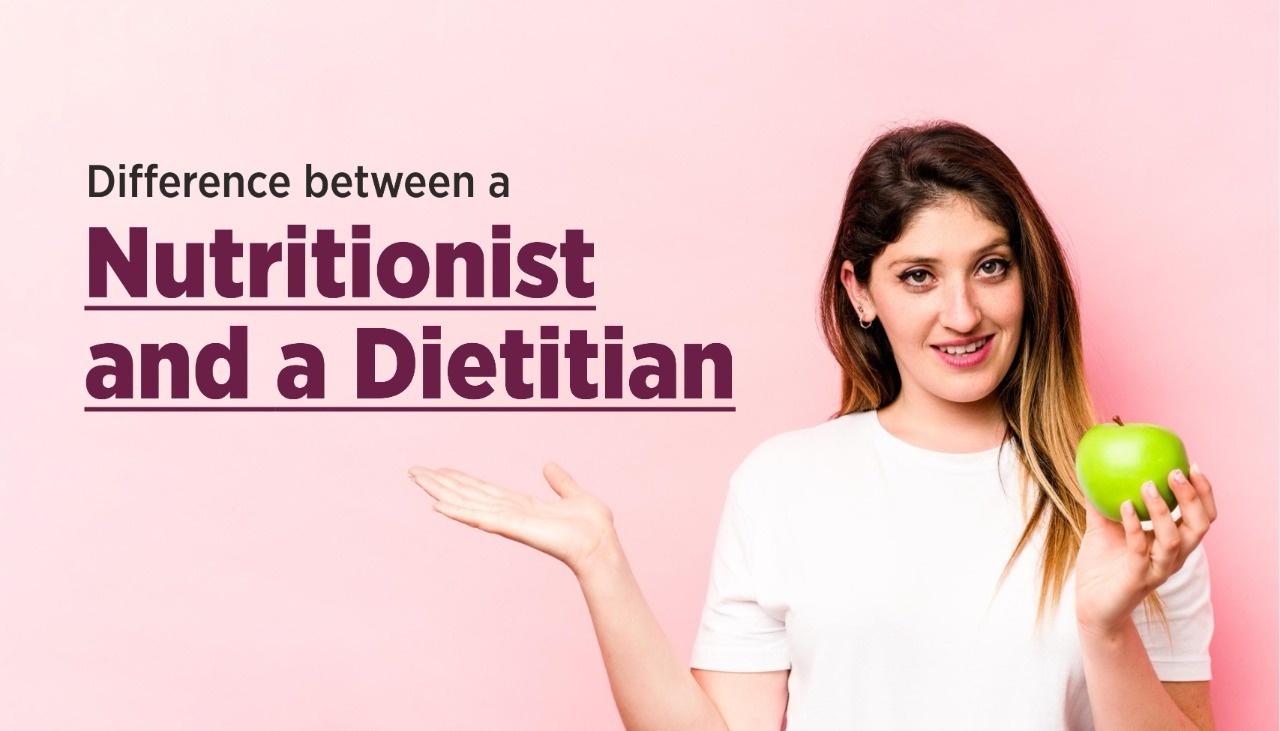All Categories
Featured
Table of Contents
-1
In the USA and several other countries, a dietitian is a board-certified food and nourishment professional. They are extremely enlightened in the field of nutrition and dietetics the scientific research of food, nourishment, and their effect on human health and wellness. Via comprehensive training, dietitians acquire the expertise to supply evidence-based medical nourishment treatment and dietary therapy tailored to meet a person's needs.
-1To make these qualifications dietitians-to-be should first gain a bachelor's level or comparable debts from an approved program at an university or university. Normally, this requires an undergraduate science degree, consisting of courses in biology, microbiology, natural and not natural chemistry, biochemistry, makeup, and physiology, as well as even more customized nourishment coursework.
Sports Nutritionist
-1This allows them to evaluate acute requirements, focusing on deadly conditions. Inpatient and outpatient dietitians likewise offer nourishment education and learning to individuals with specialized needs, such as those recently out of surgical treatment, in cancer therapy, or diagnosed with chronic illnesses like diabetic issues or kidney condition. In the outpatient setting, they give much more thorough dietary counseling functioning towards a nutrition-oriented objective.
-1They can also promote for public laws with a concentrate on nourishment, food, and wellness issues. Research dietitians typically function in study health centers, companies, or colleges. They operate within a research study group headed by a key detective and accomplish nutrition-focused interventions. Once dietitians have earned their qualifications and are operating in the area, they can go on to specialize in a specific subcategory, such as pediatrics or sports dietetics.
-1Others might work as health and wellness and nourishment specialists in media or as public audio speakers (Clinical Nutrition Counseling). Dietitians are certified to handle nourishment treatment throughout a span of severe and persistent conditions.
Clinical Dietitian – Yangebup 6164
-1In numerous states, such as Alaska, Florida, Illinois, Maryland, Massachusetts, and Pennsylvania, RDs and CNSs are provided the exact same state permit, usually called a Qualified Dietitian Nutritionist (LDN) license. In states that do not manage making use of this term, any person with a passion in diet or nourishment might call themselves a nutritional expert.
-1Nonetheless, due to the fact that uncredentialed nutritionists usually do not have the proficiency and training for medical nutrition therapy and nutrition counseling, following their advice might be thought about dangerous (). Prior to getting in touch with a nutritional expert, you may want to examine whether your state manages who may use this title. In the U.S. states that do not manage the term, no levels or qualifications are called for to be a nutritional expert.

-1
In states that do mandate licensure, the CNS or RD credential may required. Those with CNS qualifications are health professionals like nurses or medical professionals with sophisticated wellness levels who have sought additional coursework, completed supervised practice hours, and passed an examination overseen by the Board for Certification of Nutrition Specialists.
-1While several of these approaches might have robust scientific backing, others might not. Offering nourishment guidance without the correct understanding and training can be unsafe, particularly when counseling those with health and wellness problems. Therefore, if you are taking into consideration speaking with a nutritional expert, you might intend to ask if they are a CNS or have state licensure or accreditation, or one more credential.
Personal Dietitian
-1Numerous states specifically regulate this term. In addition, nutritional experts may seek a sophisticated CNS accreditation.
-1It can be challenging to assist individuals make real, long-term changes in their lives. Both dietitians and nutritionists provide a variety of nutrition-based solutions to customers.
-1They need to have completed some degree of education in their field. They are also called for to have finished up to a year of monitored job, functioning within a directed program at a medical care facility, catering company, or area body. Dietitians have much greater expectations put on their capacities and degree of expertise.
-1This implies that there is no body that supervises their credentials and no especially rigorous guidelines that nutritionists need to adhere to in order to be able to exercise. Dietitians, on the other hand, are registered with across the country identified bodies, such as the Dietitians Association of Australia. They have to abide by the National Proficiency Criteria for Dietitians.
Achieve Weight Loss Goals – Yangebup

-1
Nevertheless, you can practice as a nutritionist without the same degree of accreditation as a dietitian. Nutritional expert training courses can differ in size and quality, with some as short as 6 weeks and covering much less content than a dietetics program. Depending upon your education and learning provider, you can gain a considerable quantity of knowledge with examining a basic nourishment program; nonetheless it is very important to investigate the course material before starting.
-1This can include attending sector workshops or reviewing sector magazines. Nutritionists, on the various other hand, typically gain their credentials in order to supplement various other certifications and supply much better advice to their clients. Nutritional experts can acquire employment in a wide variety of areas, consisting of public health and wellness advice, advice for individuals, and functioning with private organisations.
-1Nutritionists can work with showing off organisations, fitness centers, institutions and encourage media outlets on basic terms and right usage of terms. Dietitians can function in most of the very same functions as nutritionists.
Community Dietitian (Yangebup )
-1Dietitians usually function with more clinically delicate customers. These can consist of those with diabetes mellitus, allergic reactions, weight problems, cancer cells and stomach illness. Due to the high level of expertise needed to provide solutions to these people, just approved dietitians are allowed to give care. Some of the greater level roles with healthcare organizations can be really rewarding, and pay quite well.
-1In Australia there is a difference in between a dietitian and other dietary health service providers including nutritionists. All dietitians are nutritional experts, yet nutritionists without a dietetics credentials can't call themselves a dietitian. While there are similarities between a dietitian and nutritional expert there are differences in qualifications and policy. The dietetic occupation is regulated and satisfies rigorous criteria as laid out by the National Alliance of Self Regulating Health And Wellness Professions (NASRHP).
-1Dietitians with the Accredited Practising Dietitian (APD) credential commit to ongoing training and education and learning throughout their occupations. As a career, nutritionists are not managed in Australia under NASRHP or licensed under a solitary governing body.
Accredited Dietitian ( Cockburn)
-1If you have a persistent health problem and a treatment plan from your General practitioner, you might be able to claim a Medicare refund when you see an APD. The major function of individuals functioning in the career of dietetics is personified in this statement: The occupation of dietetics adds to the promotion of health and the prevention and therapy of health problem by optimising the nutrition of populations, neighborhoods and people. Accredited Sports Dietitian.
Latest Posts
What Is The Best 6 Month Gym Transformation App?
Weight Loss Diet Programs – [:uarea] [:postcode]
How Do I Find A Fat To Fit Transformation Service?